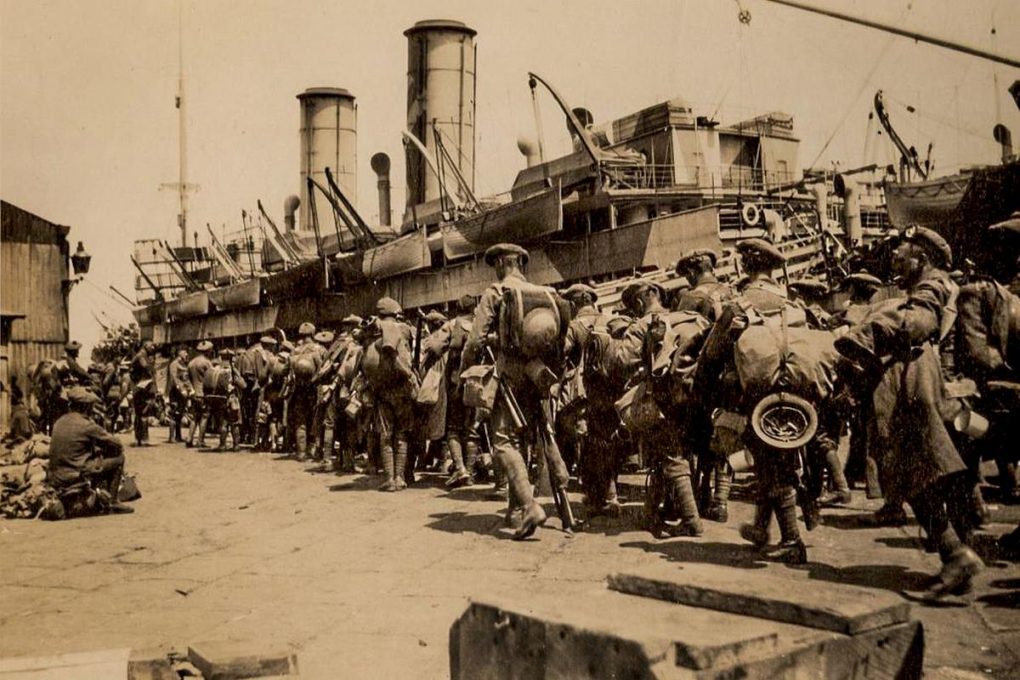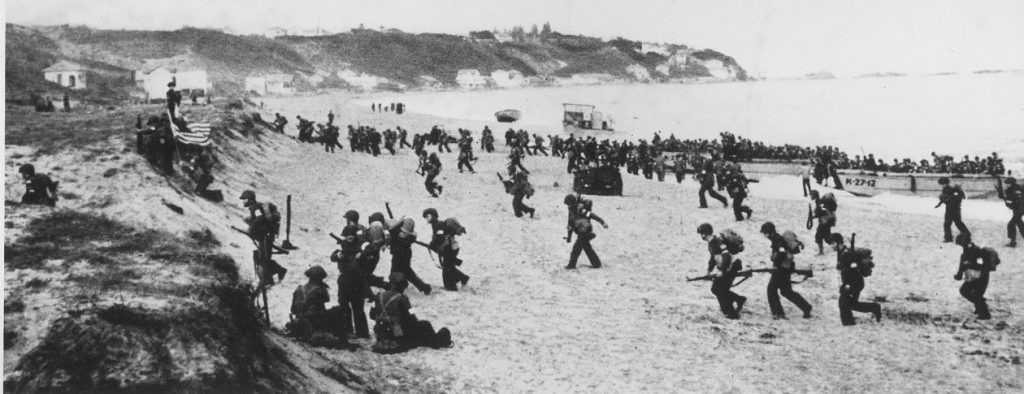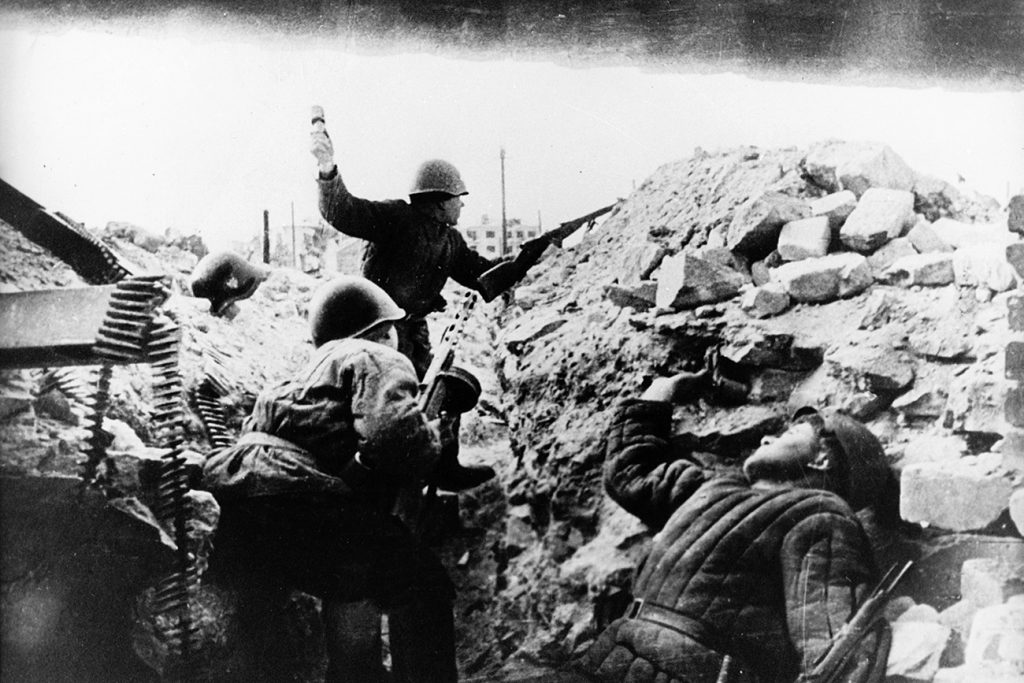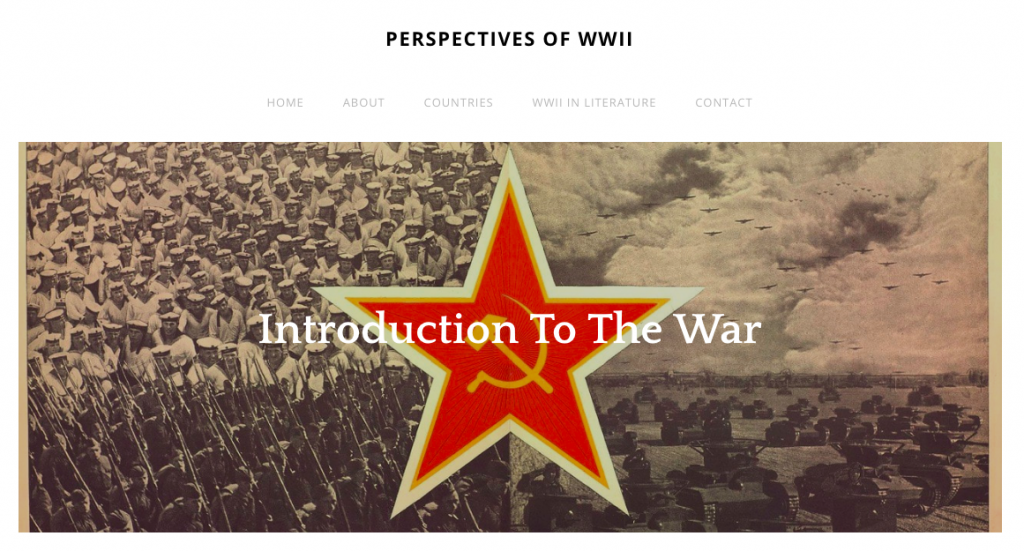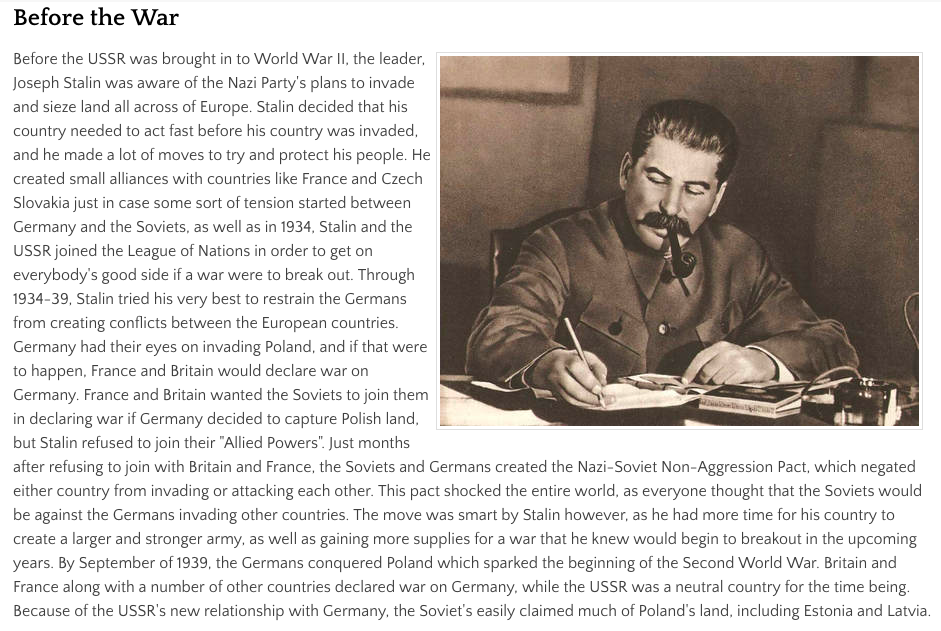Humanities is a large subject, but this last unit has topped anything else we’ve done this year. Our PLP 10 class has just finished a World War II unit, covering a numerous amount of battles, perspectives, and under going a lot of projects. The war was definitely the most devastating war in history. With over 80 millions deaths, both soldier and civilian, cities, countries, and the entire world was affected by the war. Any class can learn about World War II, but what made this PLP unit so special was we learned about the different perspectives of the war from the different countries. This taught us way more about the war and the different countries and how they were impacted, so let me share with you what I learned.
To get introduced to this unit, we were given three different books, Code Name Verity, Unbroken, and All the Light we Cannot See. These books all gave different perspectives of war, and we were supposed to choose one to read over spring break and complete heading into April. I chose the book All the Light we Cannot See, which was about a young boy and girl from two different countries, telling their stories about the war and how it had impacted their lives. I have completed a book review talking about the book and what I thought about it, so if you would like you can read about it, you can find it here: Book Review
Once we had completed the books, we were assigned to countries. I was really interested in the Soviet Union, as I hadn’t really known much about what they did in the war and how they impacted it. I got the Soviet Union, along with Robbie and Willa, and we were all very excited to learn more about the Soviets in World War II. The first thing we did as a group was conduct research. I was in charge of researching about the Soviet Union during the war, Willa researched about the Soviets Pre-WWII, and Robbie researched about war technology and weaponry.
I learned a lot about Soviet Russia in my time of researching. Led by Stalin, the Soviets tried to avoid entering the war. They signed a pact with Germany. However, Hitler was afraid of the Soviet’s power, so he invaded Russia in September 1941. At this point, Stalin had created an army of his own with plenty or guns and resources. Operation Barbarossa invaded the western front and invaded Ukraine, Belarus and Latvia. Within a week, the Germans killed over 600,000 red army troops. The Germans then set their eyes on the Soviet capital of Moscow but the Soviets defended the city to ensure they didn’t get it. This failed battle led to a number of German failures to capture the Soviet cities. Despite the Soviet’s success in defending these cities, the Soviet’s suffered the greatest death toll among all the countries: 24 million deaths, of which 10 million were soldiers and 14 million were civilians. The last attempt by Germany to invade Russia was the battle of Stalingrad in 1943. This battle was considered a turning point in the war, because after Germany failed to take over Stalingrad, Russia had gained enough ground and were determined to finally stop the Germans. Years later, the Soviets entered the battle of Berlin in April 1945 and they successfully secured all the land that was previously taken from the USSR. This battle would lead to the downfall of Hitler. Thanks to the Soviet troops and the help of the allies, this ended the European War in April 1945.
Our main project of the unit was to take what we’ve learned about our countries and compile it all into one website for the entire world to see. We edited and published this website on the platform Weebly. On Weebly, we added all of the information we learned as well as photos, video and other files to help make this site more interesting to look at. Anyone class can create a report on countries in World War Two, but our PLP class does everything different. Even though Weebly was a hassle to use, we ended up finishing the website, and I was really proud of what our group did. You can view the website Here. Along with creating the website, we also implemented our knowledge of MLA Citations. The class learned the use of citations and we used them in our websites to cite our work. Personally, I did not see the point of us learning about citing our work, but it will be very useful for students to use in future school programs, so I was happy to learn them earlier rather than later.
To conclude our unit, a German soldier named Helmut came to our class to talk about his perspective of the war. He talked about his early life living in East Germany and how he was enrolled in the war, as well as the battles he faced. His stories were some of the best i’ve ever listened to. The stories he told were so interesting, and they gave me a better understanding of what it was actually like in the war. From the story he told about the time he ran away from soviet troops, to the time he blew up a tank with a launcher, his stories were such a blast to listen too. There was lots to take away from Helmut’s visit. One of the things was the German perspective of the war. Being a German WWII soldier was very different than many people interpret. German troops and civilians had no clue of what Germany was doing to the Jewish people or what they were doing to the countries after they were taken control. Germany hadn’t known the truth about what they had actually done until after the war. I took this from his visit because in war, not matter what side you are on, there is never a good side. You could think your country was doing the right thing the entire time, but war always has its consequences. The other thing I took away from his visit was the quote he said about war. He stated that in war, “There are no winners”. World War Two impacted every single country, and they all suffered millions of losses. Worldwide, there were over 80 million deaths, many of those being innocent lives. Men, women, children, and even families, taken from their homes to endure in the bloodiest war in human history. No war has any winners, and World War Two is a great example of that.
This unit was such a blast to learn about. From having Helmut come in and tell us about his journeys in World War Two, to collaborating with my group to create our website, this made my learning experience of World War Two much more enjoyable. The website was a hassle to use, but my group and I benefited from our technology skills and created one really good website. I think Ms. Barter was impressed as well.
